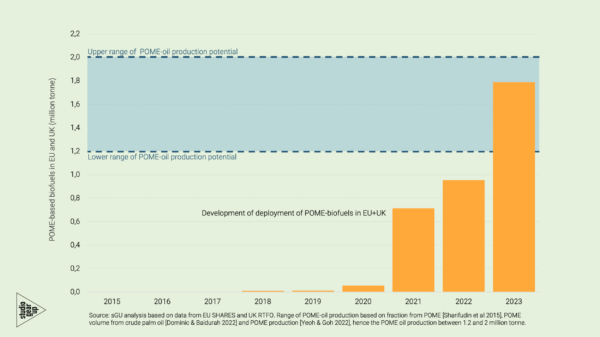For: European energy company
[September 2022 – December 2022]
A large European energy company, active in the sustainable mobility and energy transition field, sought insights into the Dutch Renewable Energy in Transport system (HBE system). They recognised it could be potentially interesting to have a similar system in their home market, and therefore wanted to better understand how this market mechanism helps to deliver the targets of the Renewable Energy Directive in the Netherlands. They aimed to understand what would be their role if they would be an obligated party, as well as to draw lessons for the potential development of similar market mechanisms for the implementation of the Renewable Energy Directive in other EU Member States.
Through a structured information package, studio Gear Up supported this client with insights into the intricacies of the Dutch HBE system. We delivered a comprehensive report detailing the system’s framework, explaining the categories of Dutch renewable fuel units, rules and conditions for obligated parties, and the practicalities of registering renewable fuels under this system. We facilitated an on-site workshop at the client’s headquarters, and guided the discussion between the members of various company divisions that are all engaged in the regulatory landscape of renewable energy in transport, had a different interest with regard to some issues. Through this project, our client gained a nuanced understanding of the HBE system. This empowers them to advocate for potential adoption of a similar system in their home markets, and to explore their strategic positioning in the potential trading of renewable energy and renewable fuel units in multiple EU Member States.



